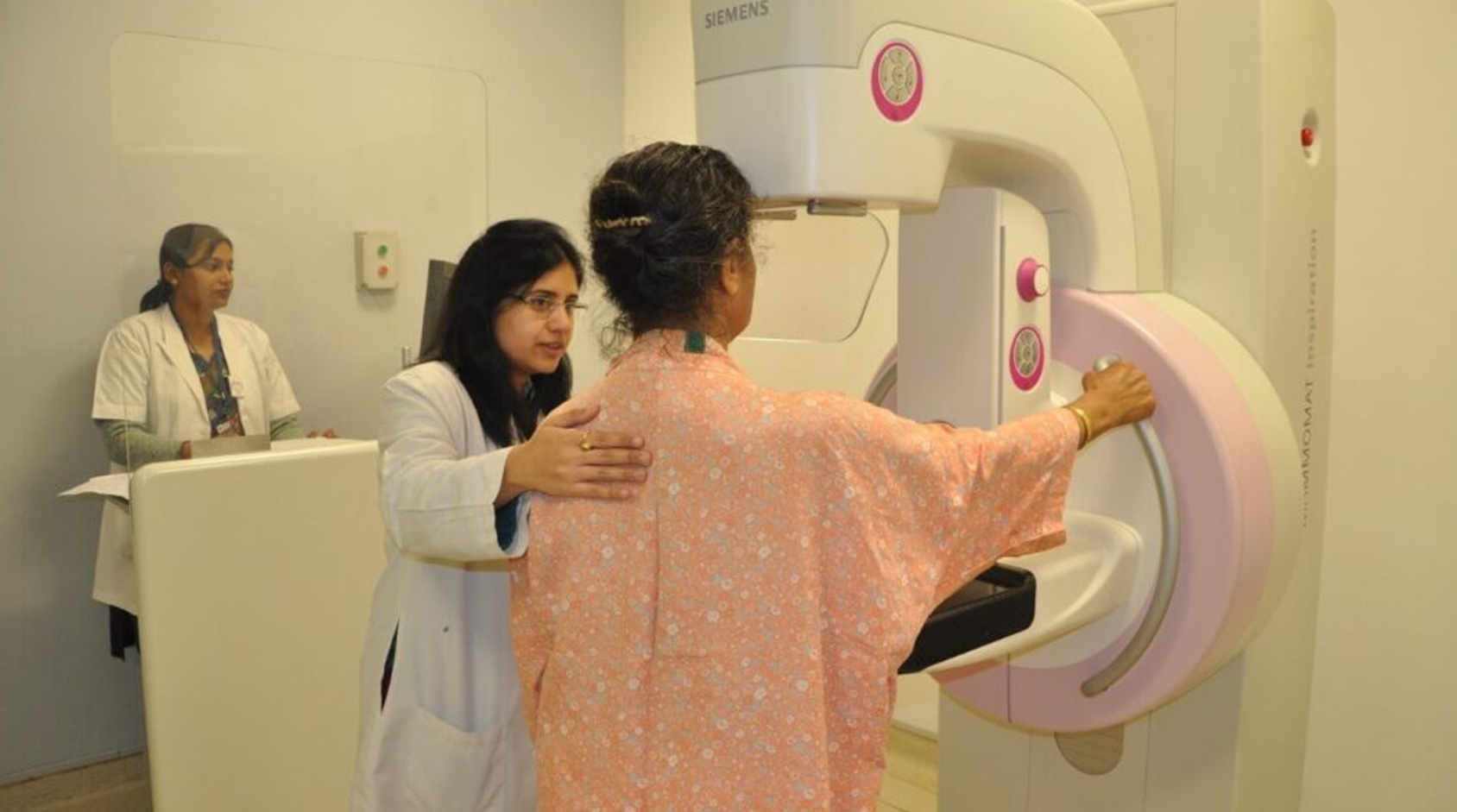
Many Gynaecological Cancers can be well treated and even cured if detected early in time.
We at SNH & SSH encourage women of perimenopause age group to undergo routine gynaecological checkups, including regular breast examinations, sonomammography of breast, PAP Smear check & ultrasonography.
Cancer is a disease that occurs when cells in the body grow uncontrollably and invade surrounding tissues. Early detection and treatment of cancer are essential for improving outcomes and increasing the chances of survival. Cancer detection services are designed to help identify cancer at an early stage when treatment is most effective.
Cancer detection services can include a variety of tests and procedures, including screening tests, diagnostic imaging, and biopsy. The specific tests and procedures used will depend on the type of cancer being screened for or diagnosed.
Screening tests are typically used to detect cancer in individuals who do not have any symptoms of the disease. Common screening tests for cancer include mammography for breast cancer, colonoscopy for colon cancer, and Pap smear for cervical cancer. These tests can help detect cancer at an early stage when treatment is most effective.
Diagnostic imaging is used to help diagnose cancer in individuals who have symptoms or abnormalities that may suggest the presence of cancer. Common imaging tests used to diagnose cancer include X-ray, computed tomography (CT) scan, magnetic resonance imaging (MRI), and positron emission tomography (PET) scan.
Biopsy is a procedure that involves removing a small sample of tissue from the body for examination under a microscope. Biopsy can be used to confirm a cancer diagnosis and determine the type and stage of cancer.
In addition to these specific tests and procedures, cancer detection services may also include counseling and education on cancer prevention and risk reduction. This can include information on lifestyle changes that can help reduce the risk of developing cancer, such as quitting smoking, maintaining a healthy diet, and exercising regularly.
Cancer detection services are typically provided by a team of healthcare professionals, including primary care providers, radiologists, pathologists, and oncologists. The specific healthcare providers involved will depend on the type of cancer being screened for or diagnosed.
The frequency and type of cancer screening recommended will vary depending on individual risk factors, such as age, family history, and lifestyle factors. It is important for individuals to discuss their risk factors with their healthcare provider to determine the appropriate screening schedule.
In addition to screening and diagnostic services, cancer detection services may also include support services for individuals and their families who have been diagnosed with cancer. This can include counseling, support groups, and referral to other resources and services that can help individuals and families cope with the emotional and practical challenges of a cancer diagnosis.
In conclusion, cancer detection services are essential for identifying cancer at an early stage when treatment is most effective. These services can include a variety of tests and procedures, as well as counseling and education on cancer prevention and risk reduction. It is important for individuals to discuss their risk factors with their healthcare provider and follow recommended screening guidelines to help detect cancer early and improve outcomes. Additionally, support services for individuals and families who have been diagnosed with cancer can help address the emotional and practical challenges of a cancer diagnosis.